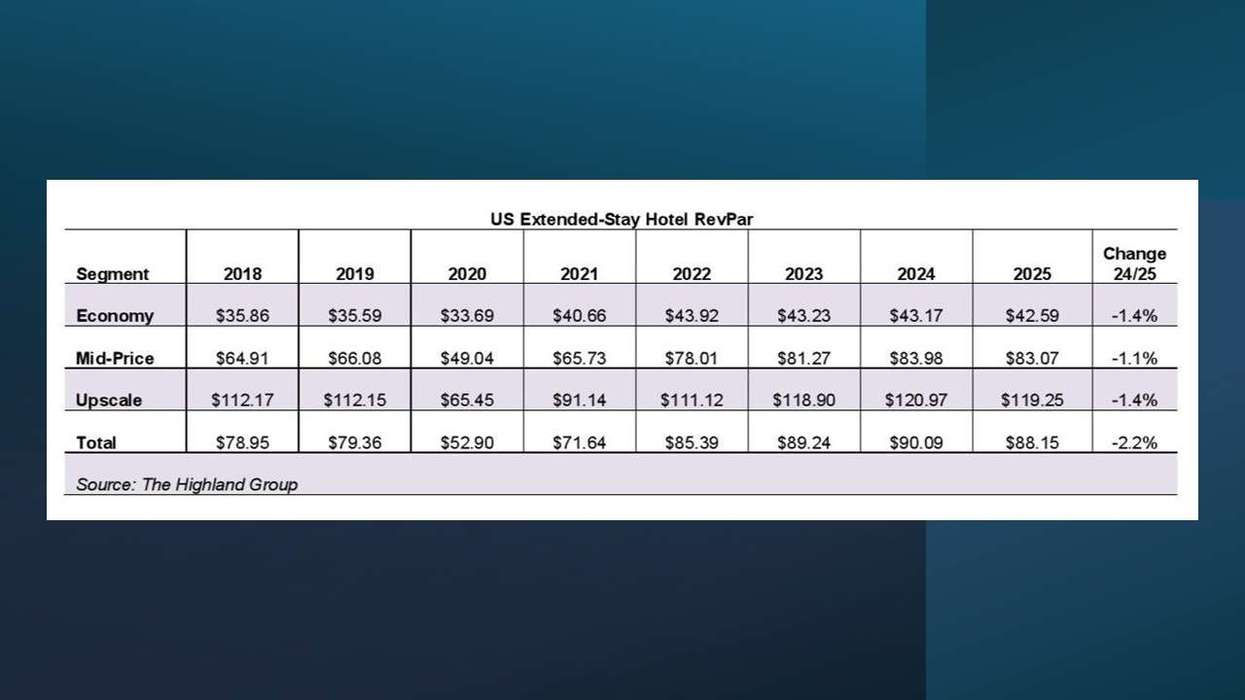INTERNATIONAL TRAVEL ESSENTIALLY crashed when the COVID-19 pandemic flew around the world, closing economies in its wake. Now the U.S. economy stands to lose $155 billion as a result of that sudden, steep decline in foreign visitors, according to the World Travel & Tourism Council.
International visitor spending may drop 79 percent this year as a result of the pandemic, according to WTTC’s 2020 Economic Impact Report. That equals a loss of $425 million a day, or nearly $3 billion a week, to the country’s economy. The loss in revenue can lead to a loss of 12.1 million travel and tourism jobs in WTTC’s worst case scenario.
This year’s losses compare to the $1.8 trillion generated by the travel industry in 2019, which was 9 percent of the American economy. That supported 16.8 million jobs or 10.7 percent of the country’s total workforce.
“The economic pain and suffering caused to millions of households across the U.S, who are dependent upon travel and tourism for their livelihoods, is evident from our latest shocking figures,” said Gloria Guevara, WTTC president and CEO. “The lack of international visitors to the U.S. due to the pandemic could … threaten New York’s position as one of the world’s premier hubs for business and leisure travel.”
Guevara called for a global approach to solving the pandemic in order to save the industry.
“International coordination to re-establish transatlantic travel would provide a boost for the travel and tourism sector. It would benefit airlines and hotels, travel agents and tour operators and revitalize the millions of jobs in the supply chain which are dependent upon international travel across the Atlantic,” she said. “We urgently need to replace blanket quarantine measures with rapid, comprehensive and cost-effective test and trace programs at departure points across the country. This investment will be significantly less than the impact of blunt quarantines which have devastating and far-reaching socio-economic consequences.”
Between 2016 and 2018, Canada and Mexico were the largest inbound source markets for the U.S. as a whole, making up 26 percent and 24 percent of all international arrivals. The U.K. was third for the nation as a whole, accounting for 6 percent of that total, but it was the main source for New York City, making up 9 percent of the market for that city.
New York received 45 percent of its tourism spending from international travelers.
“The loss of this international visitor spending could have a profound long-term impact on New York for many years to come,” the WTTC report said.
The COVID-19 pandemic began affecting international travel to the U.S. as early as February. At that time, virus related international travel restrictions were starting but combined with President Trump’s ban on travel from other countries, such as Iran, Syria and Venezuela, for security reasons.





